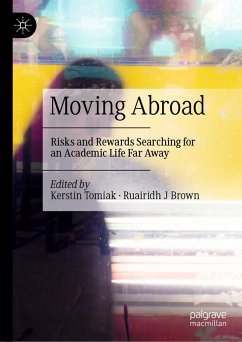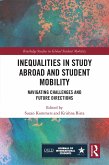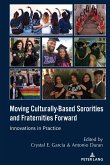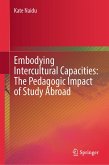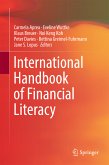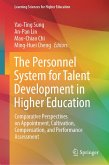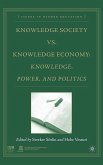This book investigates a different way to gain academic job experience and start an academic career. With universities training more PhD candidates than there are academic jobs, the academic job market, particularly in the social sciences and humanities, is somewhat broken. A possibility for young PhD graduates and early career researchers to gain job experience in an ever more competitive job market is leaving their home countries and taking a job far from home. Academics move from the countries of the so-named global South to Europe and the USA, from the USA to Europe and vice versa, and increasingly also from the so-called "western World" to Asia, Africa, and the Middle East. Grounded in the personal experience of the editors and the chapter contributors, the book argues that there are more ways into academia and than the traditional route. Gathering the experiences of academics who have been moving to work in foreign places, among them Pakistan, Poland, China, the United Kingdom, Afghanistan, Portugal, and New Zealand, the book offers diverse and rich perspectives on academic mobility. What awaits the moving academic abroad, how to prepare for this move and what are the challenges and rewards in the foreign classrooms are questions the chapter contributors and editors reflect upon, ultimately wishing to help others decide whether to take this jump into the unknown.
Kerstin Tomiak is an Assistant Professor at the University of Nottingham Ningbo China. She holds a PhD from Cardiff University in Wales, United Kingdom, and was a postdoctoral fellow at the Hebrew University of Jerusalem in Israel. Prior to her academic career, Kerstin worked as a media expert for several nongovernmental organisations in South Sudan and the North Atlantic Treaty Organisation (NATO) in Afghanistan.
Ruairidh J. Brown is an Assistant Professor at Forward College, currently based at the institute's campus in Lisbon, Portugal. Prior to this, he taught International Studies in mainland China. Ruairidh holds a PhD from St Andrews University, Scotland, United Kingdom.
Dieser Download kann aus rechtlichen Gründen nur mit Rechnungsadresse in A, B, BG, CY, CZ, D, DK, EW, E, FIN, F, GR, HR, H, IRL, I, LT, L, LR, M, NL, PL, P, R, S, SLO, SK ausgeliefert werden.

